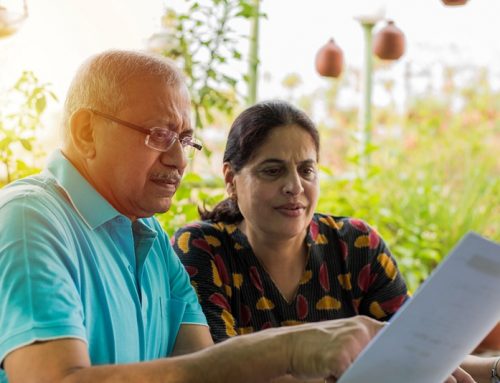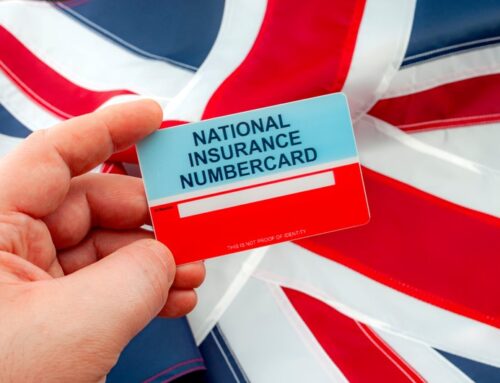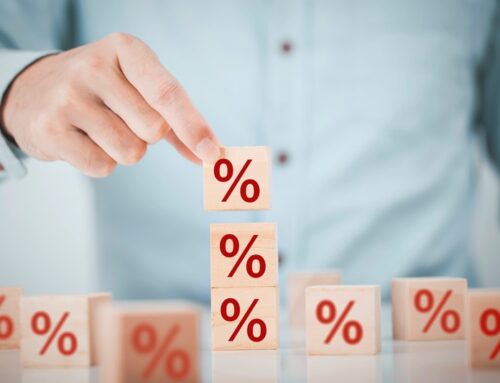Following the end of the transition period, businesses registered for VAT can account for import VAT on their VAT return, often referred to as postponed VAT accounting. For most businesses, this means that they will declare and recover import VAT on the same VAT return. The normal VAT recovery rules that define what VAT can be reclaimed as input tax will still apply.
These new rules save businesses from having to pay import VAT (at the port of entry) and then having to recover it at a later date. This was the case for many businesses that had been importing goods from outside the EU before the rules changed on 1 January 2021. Accordingly, this change offers cashflow benefits for businesses that had been paying import VAT upfront and then waiting to recover the VAT paid.
Businesses are able to account for import VAT on imports into Great Britain (England, Scotland and Wales) from anywhere outside the UK. Businesses in Northern Ireland can use the postponed VAT accounting for goods imported from outside the UK and EU. The VAT rules for the movement of goods between Northern Ireland and the EU have not changed and remain as before under the Northern Ireland Protocol.
As off 1 January 2021 VAT registered businesses no longer need approval to account for import VAT on their VAT Return.
Postponed import VAT accounting can be used if:
- the goods are imported for use in your business
- you include your business’ VAT registration number on your customs declaration.





